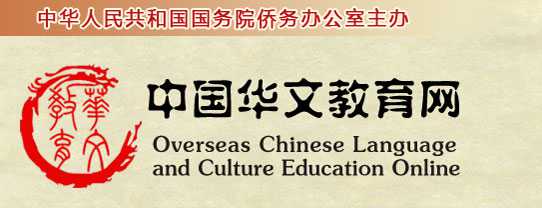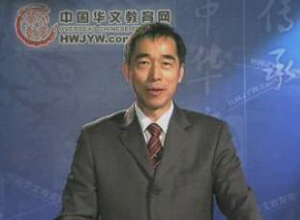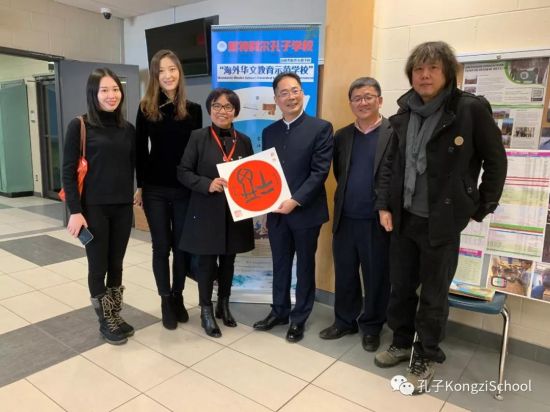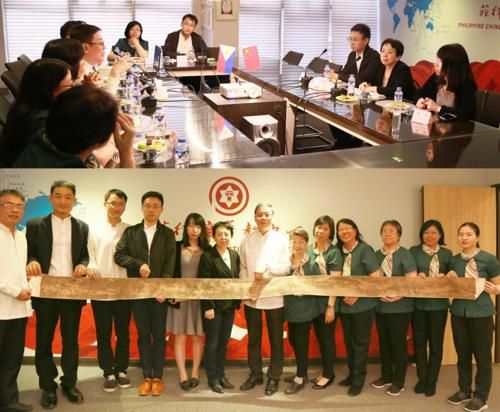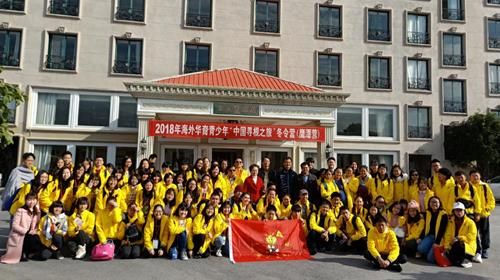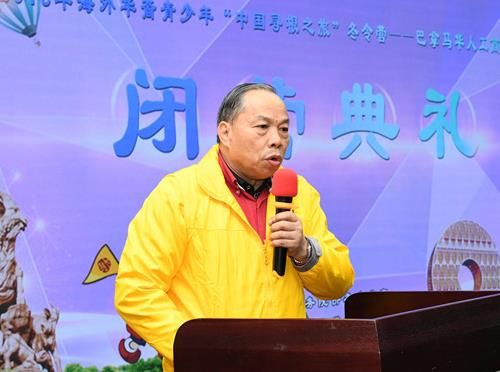|
乐善好施 Be Glad to Give to Charities
2009年09月03日 09:14
乐善好施 乐善好施,在中国民间被称为“行善”和“义举”,它与同情、正义、善良、热情等优秀品质密切相连,是中华民族的一种传统美德。 中华民族历来把帮助别人当作一件快乐的事,提倡以真诚的同情心,主动去帮助和解救那些处于危难和困境中的人们。这种帮助,不计亲疏,不图回报。人们把帮助别人当作崇高的义务,也在帮助人的过程中获得幸福,使自己的精神、道德得到升华和完善。 2,000年前的汉将韩信,年轻时家境贫寒,经常吃不上饭。一天,一位在河边洗衣服的老妈妈看见韩信可怜,就拿饭给他吃。韩信非常感激,表示将来一定要报答。老妈妈说:“我给你一点饭吃,并不是为了得到你的报答。”确实,这位老妈妈连名字都没有留下,但在她身上体现出来的乐于助人的美德却千古传颂。 宋朝的范仲淹做地方官时,一位下属病死,遗下年轻的妻子和两个孩子。范仲淹便拿出自己的钱接济他们。在他的带动下,其它官员也纷纷解囊相助。这种扶危济困的行为还感染、教育了下一代,范仲淹的儿子范尧夫也继承了这种美德,成为一个乐于助人的人。 旅居海外的许多华侨、华人,为兴教助学、扶助贫困地区慷慨解囊,义捐善款。他们的善举和美德,得到了家乡人民和海外侨胞的尊敬和爱戴。 乐善好施、扶危济困、助人为乐的美好品德,在今天的中国更是深入人心。一人受难,众人相帮;一方遭灾,八方支持,已成为一种普遍的社会风尚。 Being glad to give to charities, also called in China "doing good deeds" and "righteous deeds" is closely linked to outstanding qualities such as sympathy, justice, kindness, and warmheartedness, and is a traditional virtue of the Chinese nation. Chinese have always considered it a happy deed to help others, and taking the initiative to help those in difficulties with sincere sympathy. This kind of help makes no distinction between those who are relatives or friends and those who are not, and requires no repayment. People deem it a noble obligation to help others, during which they become happy and thus promote and perfect their soul and morals of their own. More than 2,000 years ago, Han Xin, who later became a general of the Han Dynasty, was so poor that he couldn't afford to eat. One day, an old woman washing clothes beside a river offered him some food. Han Xin was very grateful and said that he would reciprocate her kindness in the future. The old woman said, "I offered you food not to obtain your repayment." The old woman even did not tell Han Xin her name, but her virtue of being ready to help others has been handed down from generation to generation. When Fan Zhongyan of the Song Dynasty (960-1279 AD) was a local official, one of his subordinates died of illness and left behind a young wife and two children. Fan Zhongyan gave financial aid to them. Encouraged by Fan, other officials also showed their generosity. Their act in helping those in distress had a positive influence on the offspring of Fan Zhongyan. His son, Fan Yaofu, inherited this virtue and always helped others. Many overseas Chinese or foreign citizens of Chinese origin generously give financial aid and donate money to impoverished areas in order to provide educational opportunities and support and help those who want to learn. Their good deeds and virtues have won them respect and the love of people at home and abroad. Virtues of being happy to do good and give alms, helping those in distress and aiding those in peril, and feeling happy to help others, have taken root in the hearts of the people in present China. It has become a common practice that whenever there is a problem, assistance comes from all quarters.
【来源:中国华文教育网】
|
|
